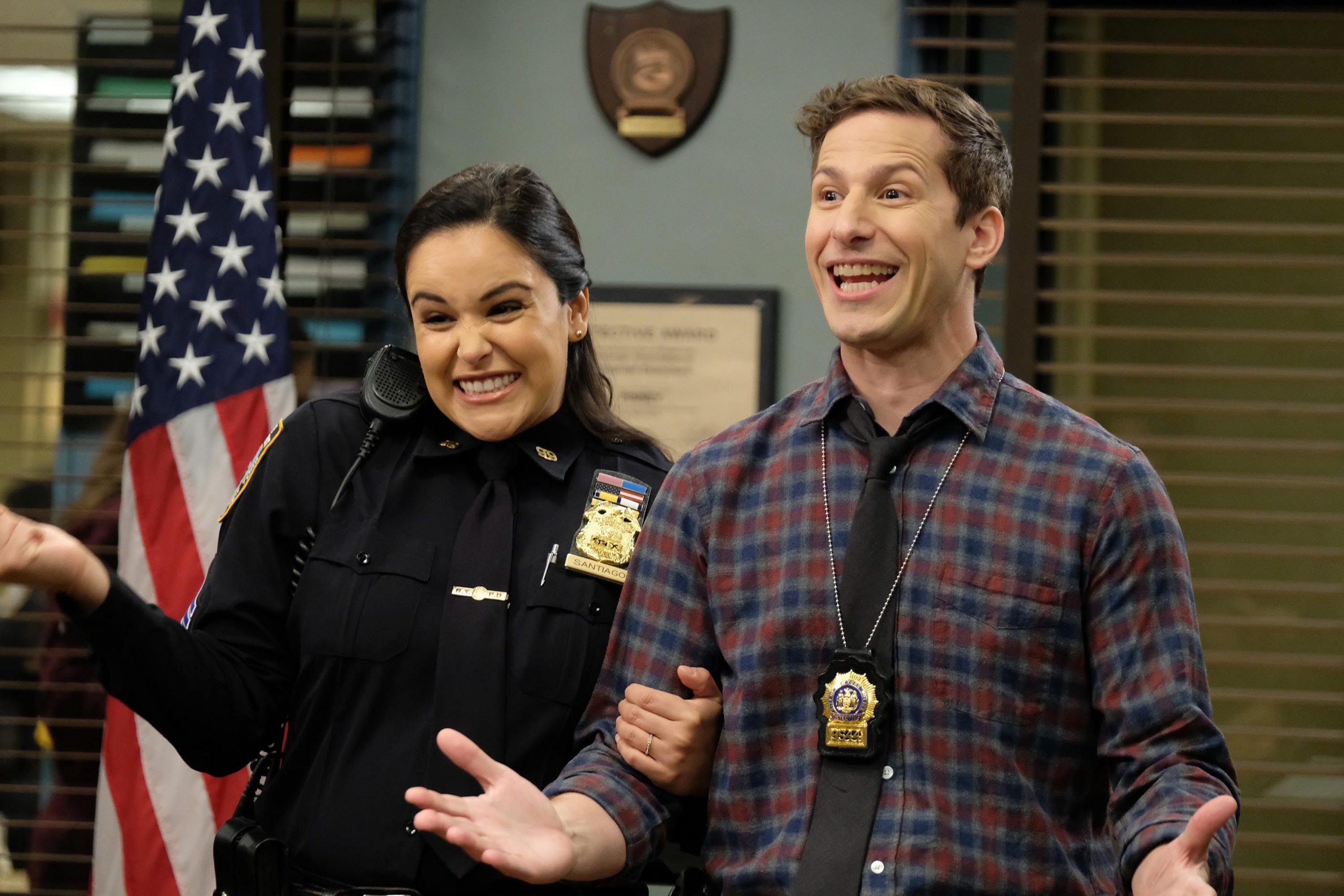From “Law and Order” to “Brooklyn Nine-Nine” and “Criminal Minds,” there is no shortage of television shows that depict a fictional portrayal of daily police procedural work. Often seen on a variety of television networks throughout the last century, cop shows have lured millions of devoted fans that frequently allow these shows to run for many seasons. Most — if not all — of these shows portray characters within law enforcement in a positive manner, presenting them as morally just, brave and good-intentioned protectors of the civilian population.
The massive Black Lives Matter protests in June 2020, sparked by the killing of George Floyd, led to not only a massive shift in public opinion against cops but also an increased critical reexamination of both news media and entertainment that has allowed institutional systemic racism to thrive. In this environment, cop shows have been accused of promoting copaganda. Popularized on social media, this term refers to a form of propaganda in which “social institutions promote celebratory portrayals of police officers with the intent of swaying public opinion for the benefit of police departments and law enforcement.”
Copaganda frequently manifests itself in traditional and modern news media, with seemingly heartwarming photos and videos of police interacting with the local community. Recently, cops have been prevalent across social media, particularly media with younger demographics, such as TikTok.
History of Copaganda
To answer the debate on whether cop shows are really just modes of pushing narratives onto the public or simply another form of entertainment, we must first examine the origins of cops in pop culture and describe the phenomena.
In the early 20th century, the police and Hollywood actually had an adverse relationship, with movies often portraying the former as silly and moronic to the dismay of many law enforcement officials, who responded by condemning the movie business. However, as Hollywood and the stars within it became more popular, cooperation between the two began to grow, particularly to maintain the reputations of major stars and obtain permits to shoot on city streets.
The relationship became much more attached with the release of “Dragnet,” the radio show turned television show in 1951. The creator, Jack Webb, cultivated a partnership with the Los Angeles Police Department, particularly the police chief, William Parker, in which the LAPD exchanged ideas for plot points in return for extreme editorial control. In order to forge authenticity and even receive financial help from the department, Parker agreed to allow LAPD an executive veto over his scripts. Evidently, there was little room to display the messy reality of police brutality or law enforcement’s disproportionately violent responses to petty civilian crime.
Hollywood even reached out to J. Edgar Hoover, infamous FBI director, to create the show “The F.B.I.,” in which Hoover was able to vet actors’ politics and approve scripts. Hoover’s main aim for the show was to counter critics who opposed the FBI’s treatment of civil rights leaders such as Malcolm X and Martin Luther King. As the century progressed, film and television directors would move away from working directly with high-ranking law enforcement and began to portray stories from individual cops.
Are Cop Shows Copaganda?
So this leads us to the question, are modern cop shows copaganda? The answer is a resounding yes.
While police departments may not be explicitly funding modern cop shows and approving their scripts, there is a plethora of evidence that points to law enforcement actively trying to see themselves depicted as heroes.
For example, the Marshall Project released a report that exposed that the producers of the show “Live PD” listened to requests from the LAPD to edit officers in a positive light.
In a Color of Change study, the researchers found that 18 of the 26 shows they analyzed justified and normalized police misconduct, including coercion, lying and tampering, with the rationale that this misconduct is needed in order to keep the population safe. These characters often can commit these violations without any real formal punishment. The research study found that it was a mere six times when police officials were charged with crimes in a whopping 353 episodes.
Cop shows’ consistent portrayal of police officers in a positive way without any in-depth analysis of police brutality or other policing flaws has real effects on its mass number of viewers.
Most people do not have enough contact with the police to curate their own opinions. In 2015, a mere 21% of the U.S population (16 or older) experienced some type of contact with the police. Without any real experience of their own, most civilians end up relying on these shows to create their own expectations despite the fact that cop shows depict a false image of policing.
Studies have shown that viewers of cop shows are more likely to believe the police are more successful at lowering crime than they actually are. Through the very structure of cop shows, in which one or more officials typically investigate a crime and arrest suspects in the same 40 minutes to an hour, many viewers are misled into believing this occurs in reality as well. However, only 64% of murders in the U.S were solved in 2019.
Due to rare depictions of unjustified violent responses by law enforcement, viewers often also believe police use force only when necessary. However, as most of the country has seen from the 1964 civil rights movement to the killing of Mike Brown and Tamir Rice in 2016 and George Floyd in 2020, police officers often can still use violence against the population when other options are still available to them.
Not all cop shows are equal, though, and some have even taken some action in light of the recent protests. “Brooklyn Nine-Nine” has approached the uproar against their show by rethinking the way they portray their characters in the newest season and have scrapped four episodes and donated $100,000 to National Bail Fund Network.
Other shows such as “Cops” and “Live PD” have been simply canceled by their networks.
In this political climate, modern crime dramas must critically analyze the message they are sending to their viewers and subsequently adjust. Simply portraying policing and law enforcement without a hint of its messy reality will only garner more and more criticism from the general public, and even lead to the show’s own demise.

















